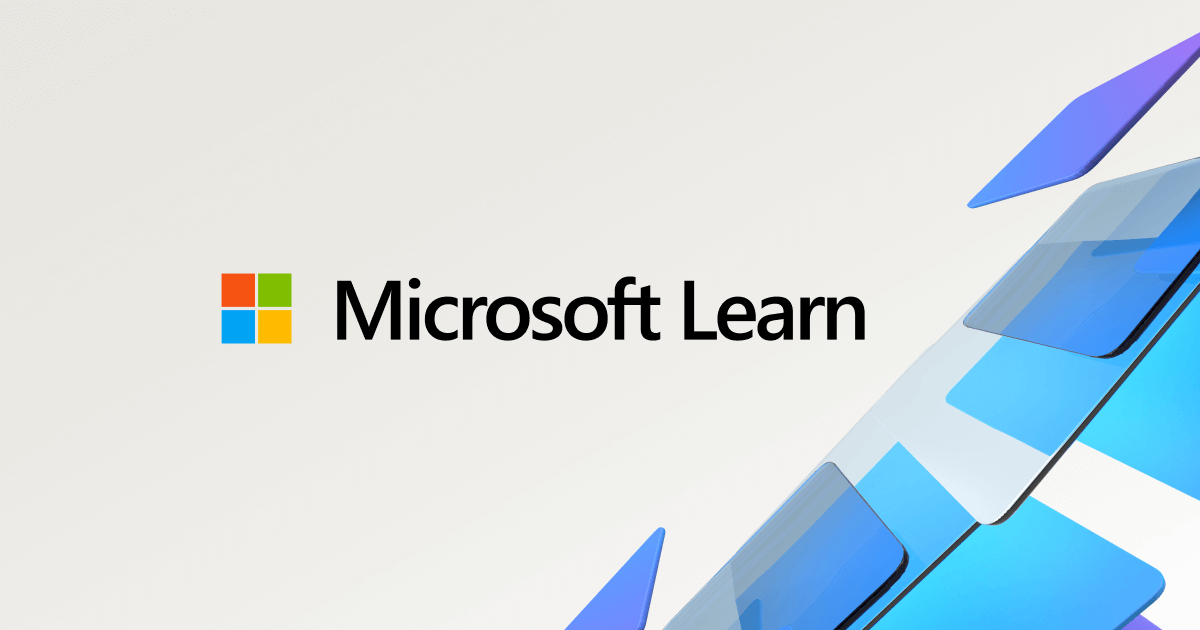I've been selling off a few previously used hardware components due to an upgrade (NOT the harddrives) and have a question about the B360M motherboard and TPM.
I'm aware TPM holds cryptographic keys that can be used to lock systems or sensitive information such as with bitlocker, with which my system drive was previously encrypted with.
I've read vague comments here and there recommending to clear TMP before selling a motherboard if bitlocker was previously enabled.
Is this necessary?
I'm aware TPM holds cryptographic keys that can be used to lock systems or sensitive information such as with bitlocker, with which my system drive was previously encrypted with.
I've read vague comments here and there recommending to clear TMP before selling a motherboard if bitlocker was previously enabled.
Is this necessary?


